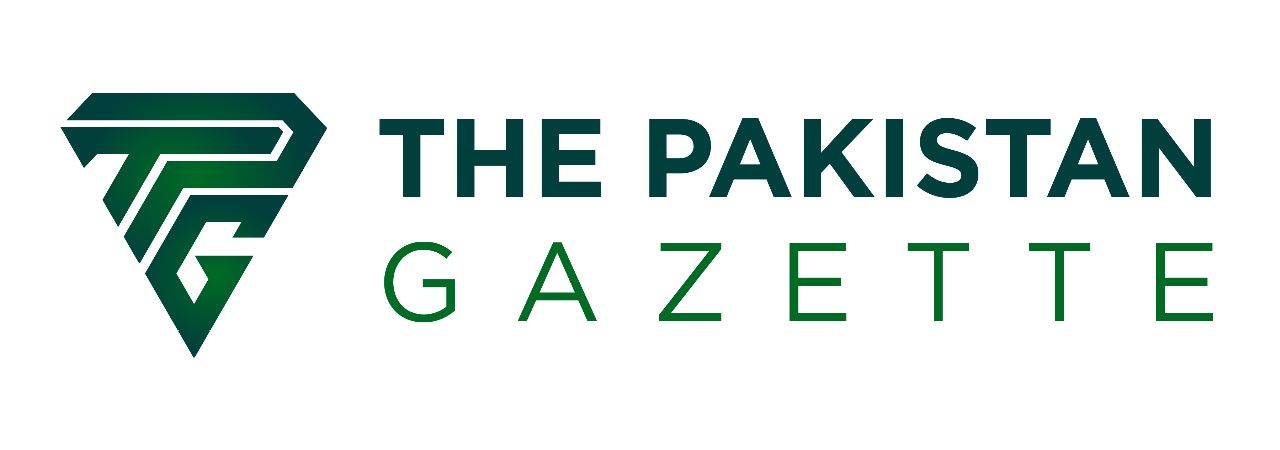
Technology and Ethics – Their Relation and Ethical Concerns
What is Technology?
Technology refers to the tools, techniques, and methods used to create, develop, and improve products, services, and processes. It is a broad term that encompasses various fields, including engineering, science, mathematics, and computer science. Technology can be tangible or intangible, and it can be used in various sectors such as healthcare, transportation, communication, education, and entertainment. Examples of technologies include smartphones, computers, the internet, social media, robots, artificial intelligence, 3D printing, and renewable energy. Technology has transformed the way we live, work, and interact with each other. It has made our lives more convenient, efficient, and productive. However, it also has some negative impacts, such as increased sedentary lifestyles, privacy concerns, and environmental issues.
What is Ethics?
A system of ideals or principles that direct behaviour and decision-making are referred to as ethics. It entails deciding what is good and terrible, right and wrong, and what actions are acceptable in a specific circumstance. The use of ethics is possible in a variety of professions, including business, law, medicine, and technology, among others. Fundamental values like respect for others, honesty, integrity, and fairness serve as the foundation for ethical actions. It entails taking into account how our actions affect other people and the environment. In business, ethical behaviour can involve treating employees fairly, respecting customers’ privacy, and operating in an environmentally responsible way. In medicine, ethical behaviour involves treating patients with respect, providing them with informed consent, and maintaining confidentiality.
How Technology and Ethics are Related?
Technology and ethics are closely intertwined because technical developments may give rise to ethical questions and conundrums. Technology can be applied in ways that advance society, but it also has the potential to cause harm to individuals or the environment. When creating and using technology, ethical issues must be taken into mind. Artificial intelligence (AI) development, for instance, has sparked ethical debate over the possible abuse of this technology. AI can be utilised to improve human talents, but it can also be abused for social control, discrimination, and spying. When creating AI systems, ethical considerations must be made, such as assuring accountability, openness, and justice.

Similarly, in the field of biotechnology, ethical considerations need to be taken into account when developing and using new technologies. For example, gene editing technology raises ethical concerns about the potential to create “designer babies” or modify genes that affect traits such as intelligence or physical appearance.
In addition, technology can affect social and cultural values. For example, social media platforms have raised concerns about privacy, free speech, and the impact on mental health. These concerns require ethical considerations to balance the benefits and risks of using these technologies.
Advancements in Technology Led to Various Ethical Concerns
Rapid advancements in technology have led to various ethical concerns such as data privacy, artificial intelligence, and automation’s impact on jobs.
Data Privacy: Rapid advancements in technology have made it easier to collect, store, and analyze large amounts of data about individuals. This has raised concerns about data privacy and the potential for misuse of personal information. Ethical considerations include ensuring that data is collected and used only for legitimate purposes, obtaining informed consent from individuals, and implementing appropriate safeguards to protect against data breaches and misuse.
Artificial Intelligence (AI): AI is increasingly being used to make decisions in various fields, such as healthcare, finance, and law enforcement. However, the use of AI raises ethical concerns about transparency, fairness, and accountability. For example, AI algorithms can be biased or discriminatory if they are trained on data that reflects existing biases in society. Ethical considerations include ensuring that AI is transparent and explainable, minimizing bias, and ensuring that decisions made by AI are fair and equitable.
Automation’s Impact on Jobs: The increasing use of automation in various industries raises concerns about the impact on jobs and the workforce. While automation can increase efficiency and productivity, it can also lead to job displacement and unemployment. Ethical considerations include ensuring that workers are provided with opportunities for reskilling and upskilling, ensuring that the benefits of automation are shared equitably, and implementing policies to address the impact of automation on workers and communities.
Ethical concerns highlight the need for careful consideration and balancing of the benefits and risks of technology. Ethical considerations are essential to ensure that technology is used in ways that promote human well-being, respect for human rights, and social and environmental responsibility.
How to Deal with Ethical Concerns?
Dealing with ethical concerns requires a comprehensive and collaborative approach that involves various stakeholders and promotes transparency, accountability, and ethical leadership. It requires a multi-faceted approach that involves various stakeholders, including individuals, organizations, governments, and society as a whole. Here are some ways we can deal with ethical concerns:
Education and awareness: Education and awareness-raising about ethical issues and the potential risks and benefits of technology are essential. This includes providing information about ethical principles and values, promoting critical thinking and reflection, and encouraging open and transparent dialogue.
Ethical guidelines and standards: Developing and implementing ethical guidelines and standards can help ensure that technology is used in ways that promote human well-being and respect for human rights. These guidelines can provide a framework for ethical decision-making and help ensure that technology is developed and used responsibly.
Accountability and transparency: Ensuring accountability and transparency is crucial for dealing with ethical concerns. This includes holding individuals and organizations accountable for their actions, ensuring that decisions are transparent and explainable, and providing opportunities for stakeholder participation and feedback.
Collaboration and cooperation: Addressing ethical concerns requires collaboration and cooperation among various stakeholders, including individuals, organizations, governments, and society as a whole. This includes engaging in dialogue, sharing information and resources, and working together to address ethical challenges.
Ethical leadership: Ethical leadership is crucial for dealing with ethical concerns. Leaders can set an example by modelling ethical behaviour, promoting ethical values and principles, and ensuring that ethical considerations are integrated into decision-making processes.
Admin at The Pakistan Gazette

